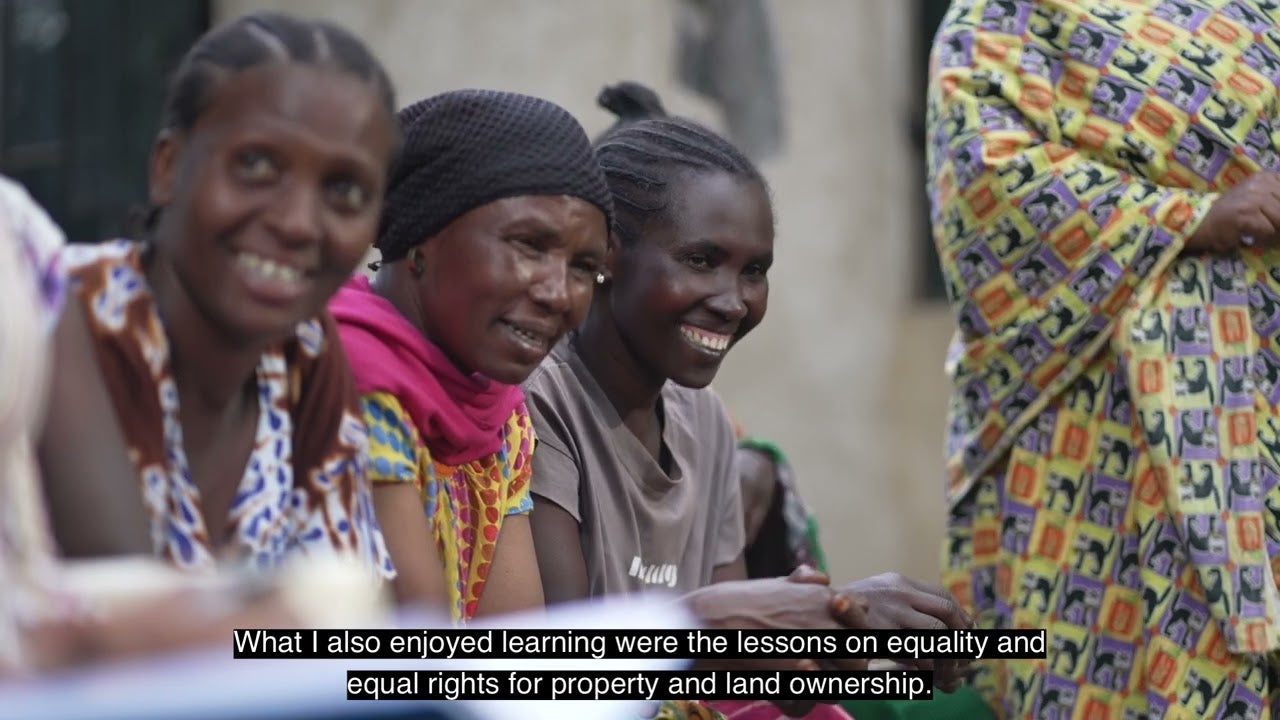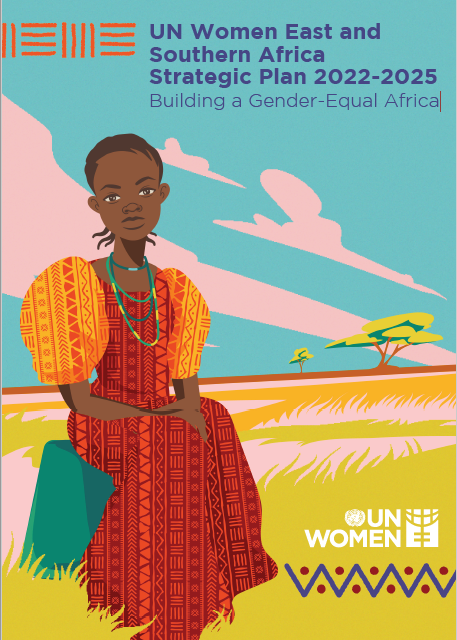Highlights
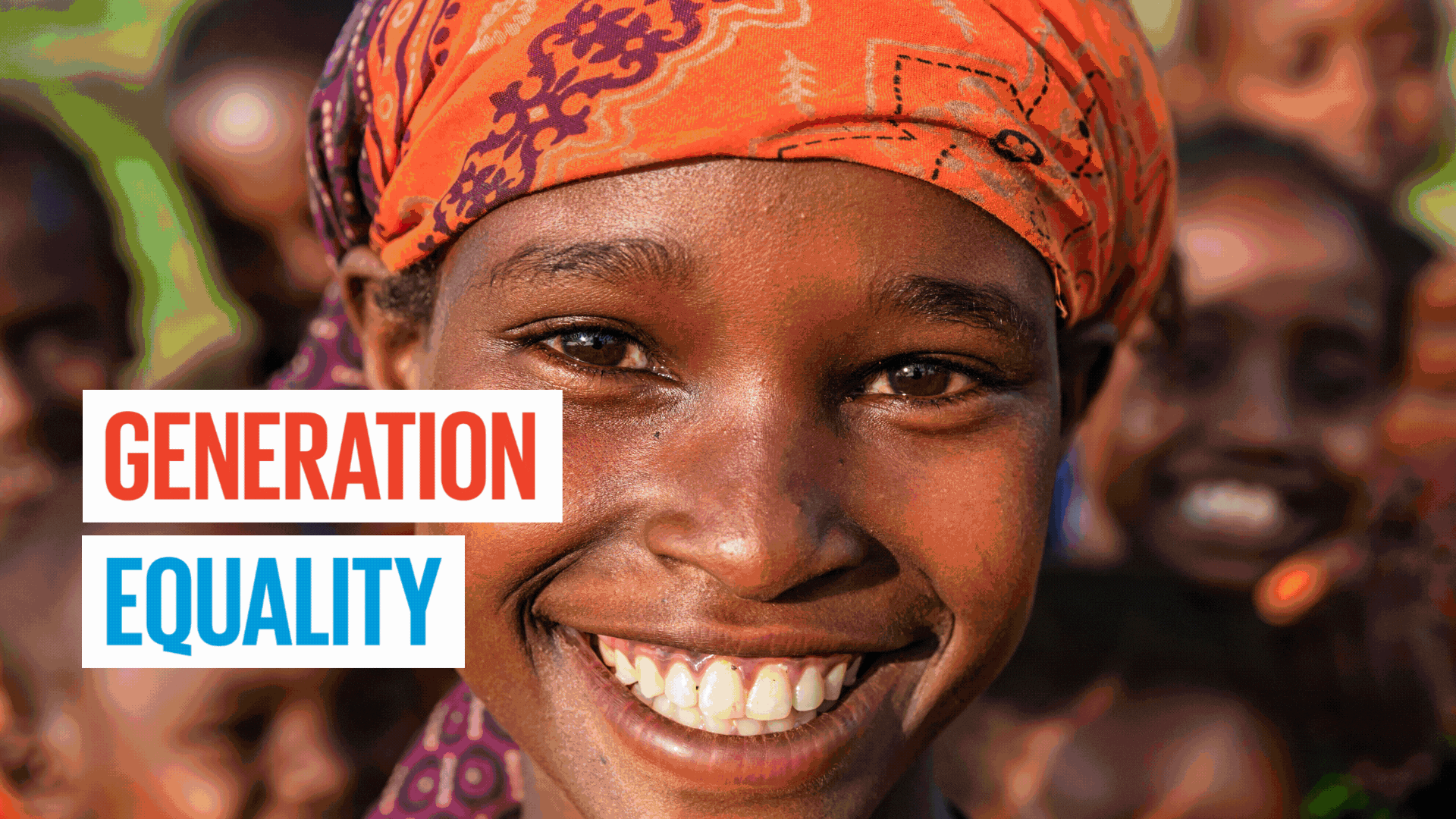
Generation Equality is world’s leading initiative driving investment and action for gender equality. It brings together organizations from all corners of society to catalyze progress, push for change and take bold actions together.
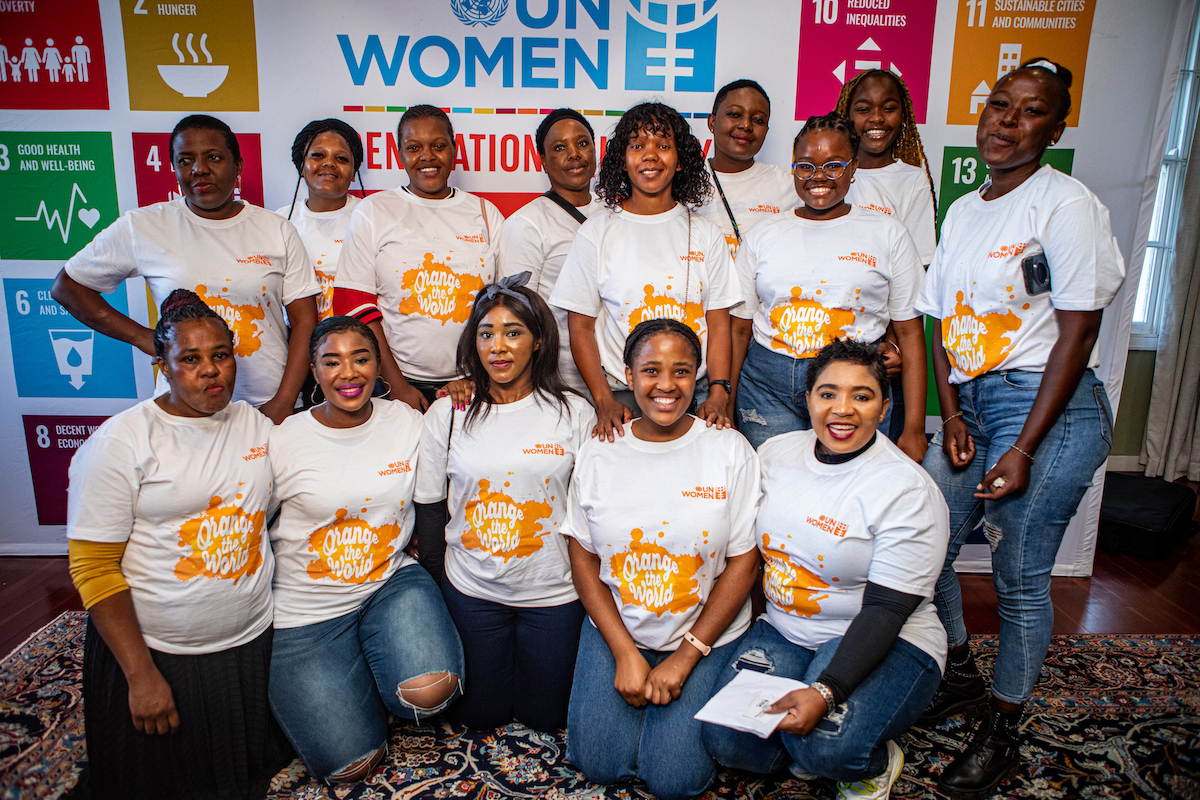
In 2024, UN Women and Nokia embark on the second phase of their global partnership, scaling-up the successful results of phase 1 (Saudi Arabia, South Africa and Kenya 2022-2023) to five regions. The global partnership aims to facilitate women’s empowerment through tailored online solutions.
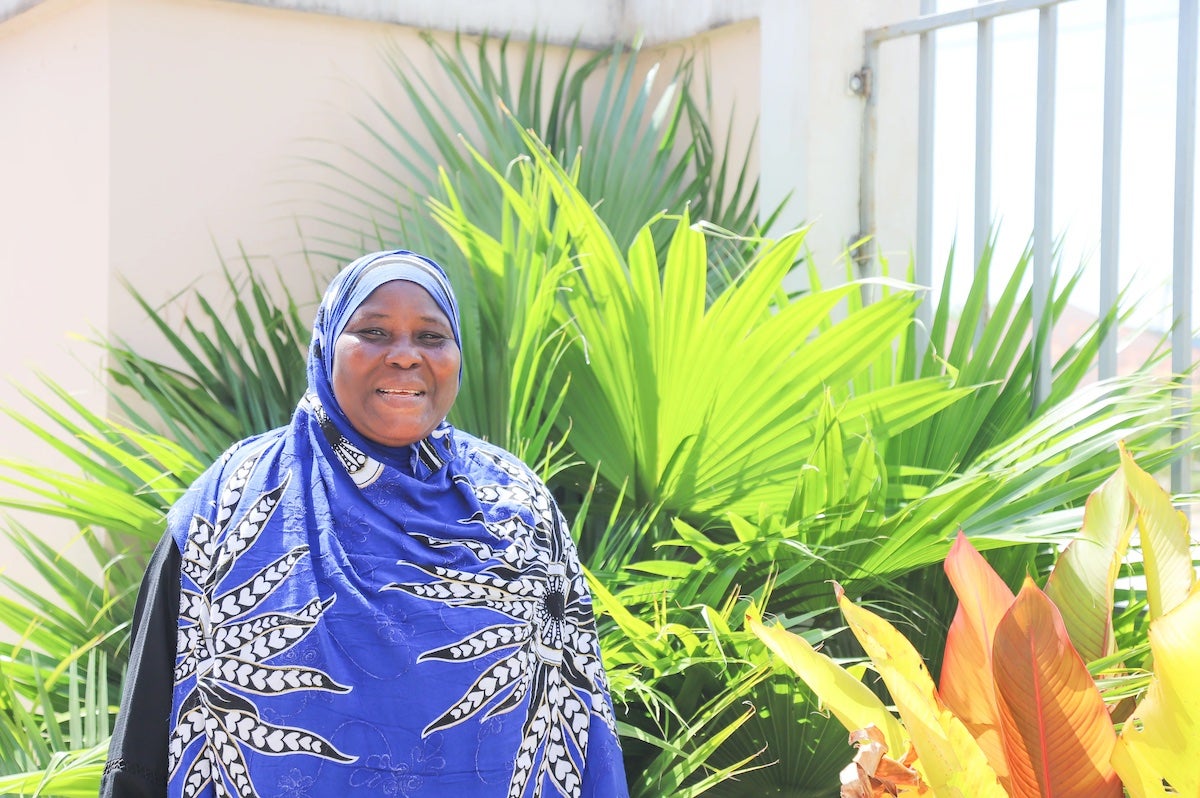
“The greatest challenge faced by women and children survivors of violence here in Pemba is what we call ‘Muhali’—an unspoken code of silence,” says Asia Abrahmani Ali, a 53-year-old mother of seven living in the lush green hills of Pemba, part of Tanzania's Zanzibar Archipelago off the East African coast.
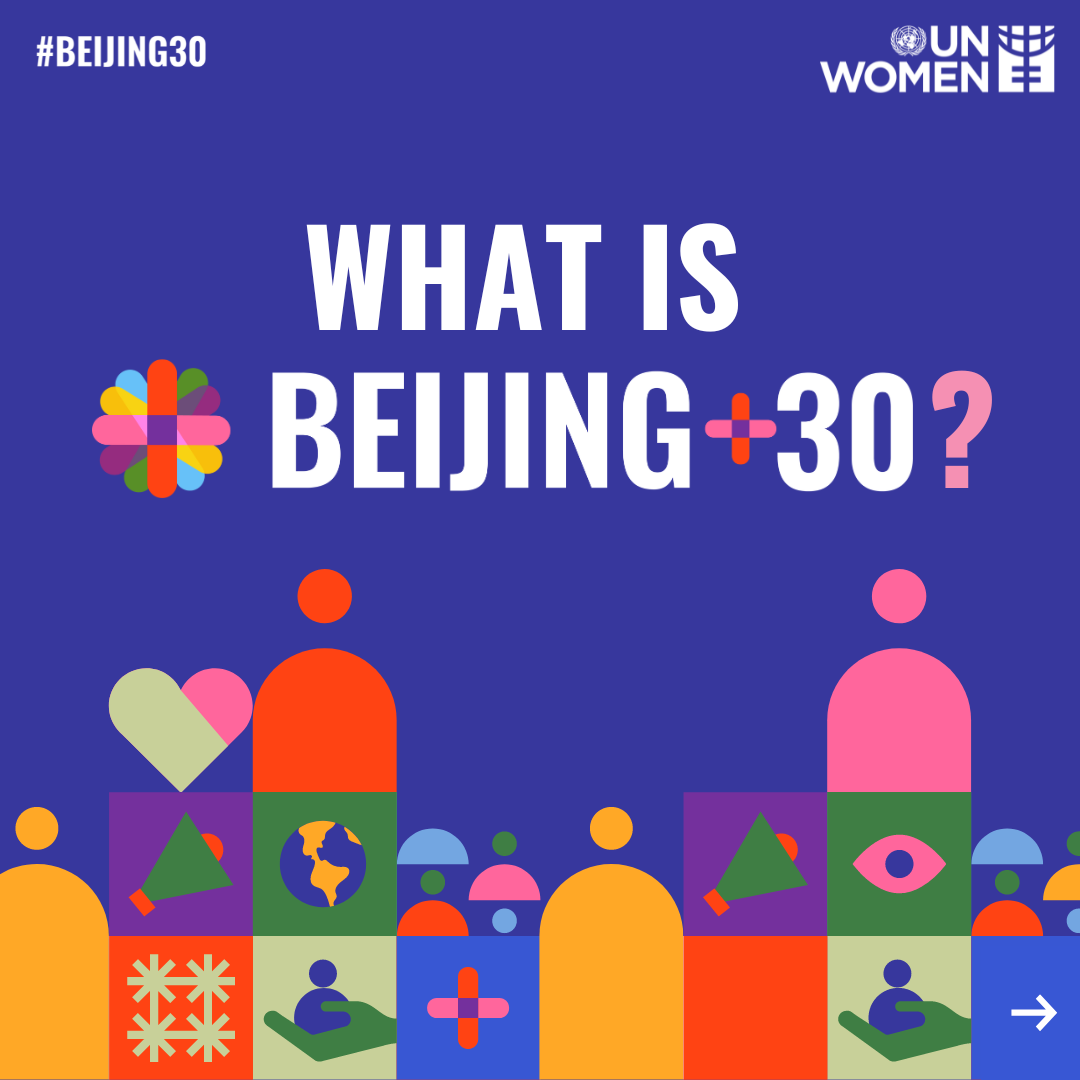
Thirty years ago, in 1995, 189 countries made a historic commitment to advance gender equality, rights and the empowerment of all women and girls by adopting the Beijing Declaration and Platform for Action (BDPfA).
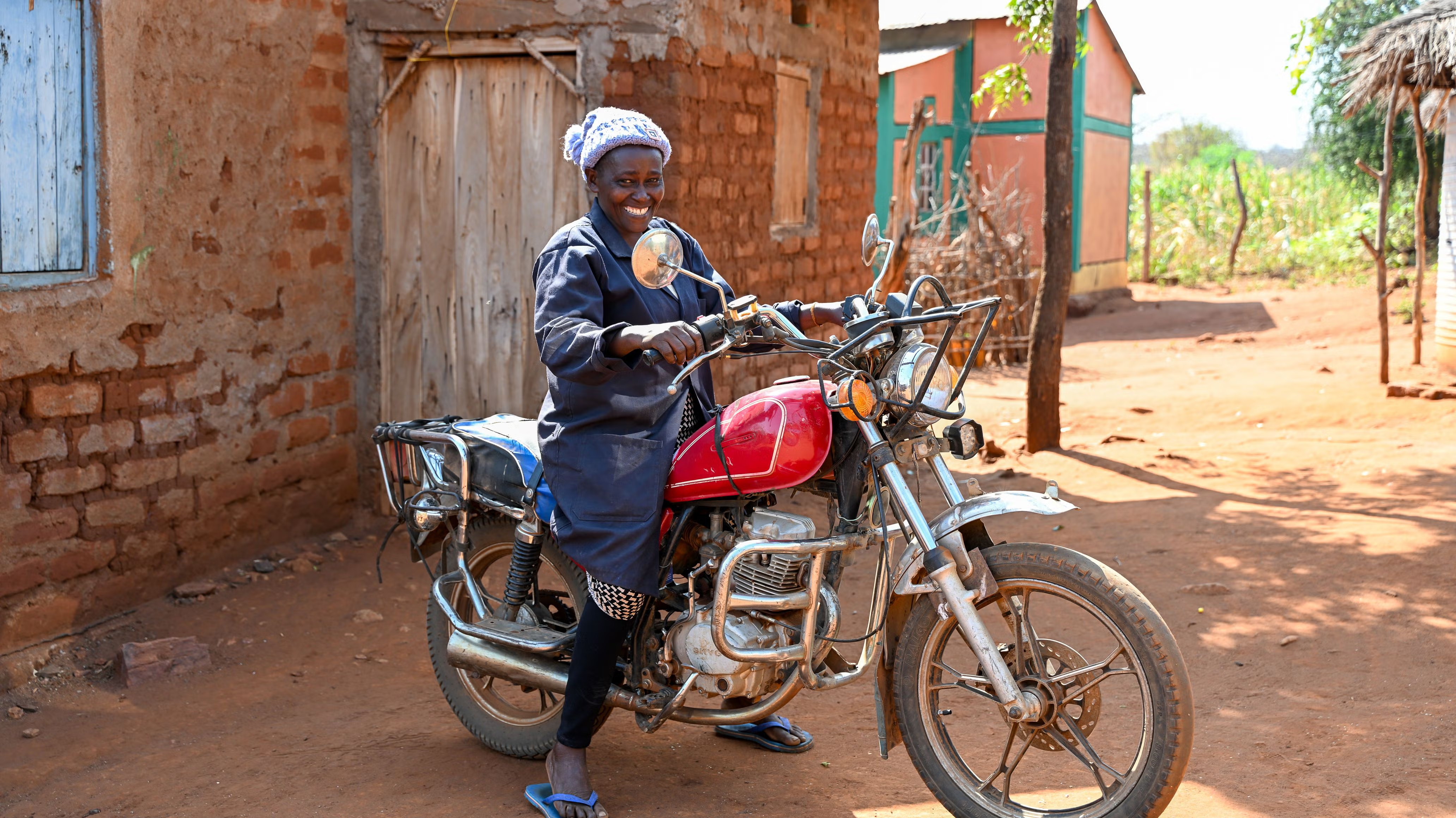
The Women’s Economic Empowerment and Climate-Smart Agriculture (WEE CSA) project, implemented by UN Women Kenya in partnership with the Food and Agriculture Organization (FAO), has done more than teach technical farming skills to women like Christine—it has sparked a profound change in attitudes, personal discipline, fiscal management, and leadership. Since its launch in 2020, the initiative has impacted over 2,700 women farmers in three of Kenya’s Arid and Semi-Arid Land (ASAL) counties—West Pokot, Laikipia, and Kitui.
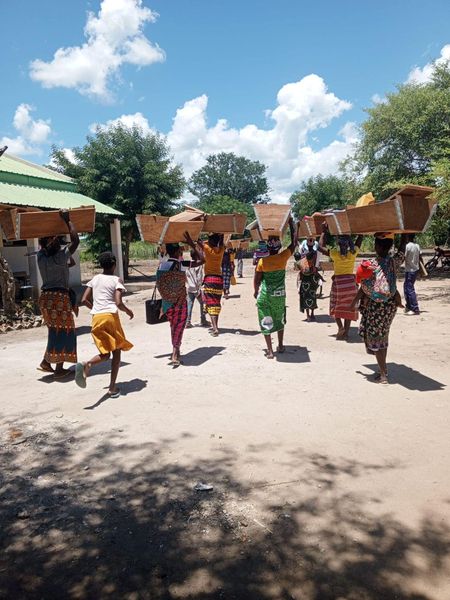
In the heart of Mozambique, women are courageously advancing toward sustainability and gender equality goals through innovative sustainable beekeeping initiatives. These practices are transforming lives, preserving the environment, and promoting equity.
📊 Gender data is not just valuable; it is essential in preventing and responding to gender-based violence. But there are gaps.
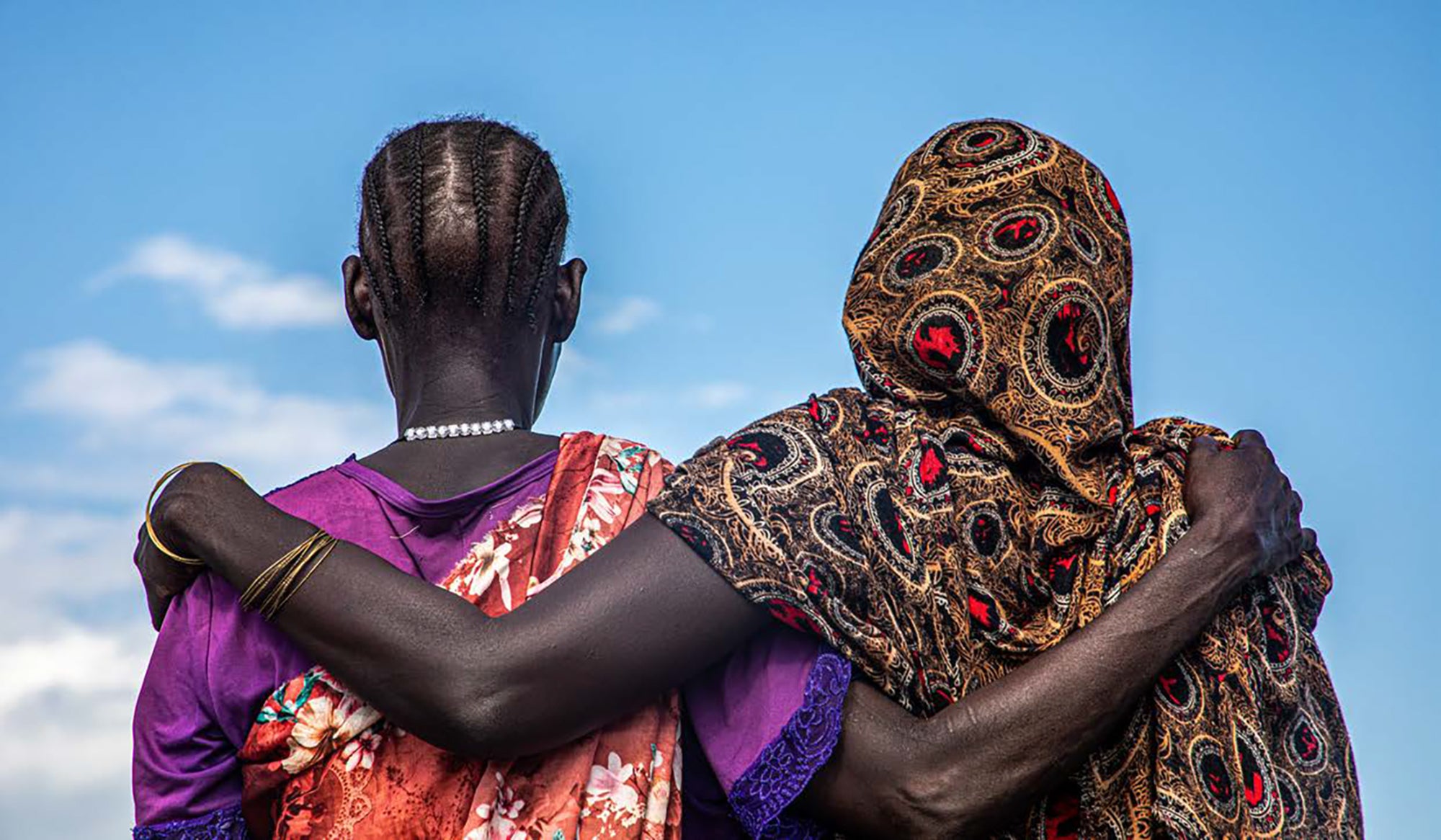
The power of data in informing responses to and helping to prevent GBV cannot be overstated. More than just numbers, accurate gender data can allow for a more in-depth understanding of the severity, frequency, and forms of violence, and identifying those most at risk as well as the common perpetrators. It can pinpoint where violence occurs and assess the impact on the lives of survivors' and societal well-being.
Featured video
In Tanzania, women are still underrepresented in local government leadership and face significant economic challenges, including limited access to land, finance, and decision-making power. The UN Women project on Women’s Leadership and Economic Rights (WLER), funded by Finland, partners with local government authorities and cooperatives to support women to advocate for their rights, enhance their leadership and decision-making roles, and boost their economic empowerment.
Latest news
Get updates
📑 Statement: Olympian Rebecca Cheptegei murder: More must be done to protect female athletes
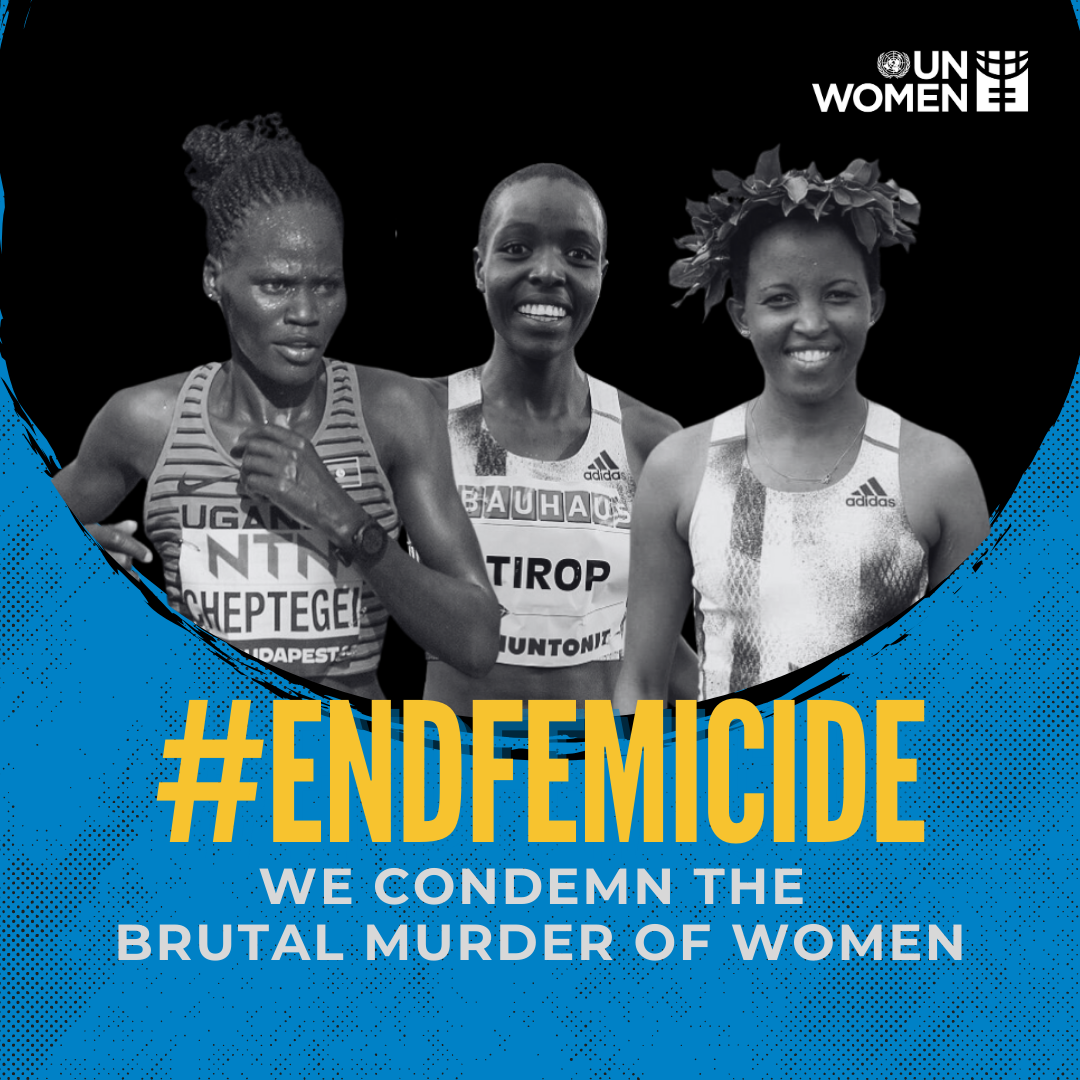
UN Women strongly condemns the murder in Kenya of the Ugandan Athlete Rebecca Cheptegei. She is the third elite female runner to be murdered in a most violent way in the past three years in Kenya. The suspects in all three cases were intimate partners of the slain athletes. Society roots for these athletes to win and bring medals home, and more must be done to protect them. Like the two victims before her, Cheptegei was a rising female star athlete who was clearly making a name for herself, doing what she loved the most, running. Read more ➤
Featured Publication
This document gives an overview of the strategic plan 2022-2025 that is guiding UN Women's interventions in the East and Southern Africa region






